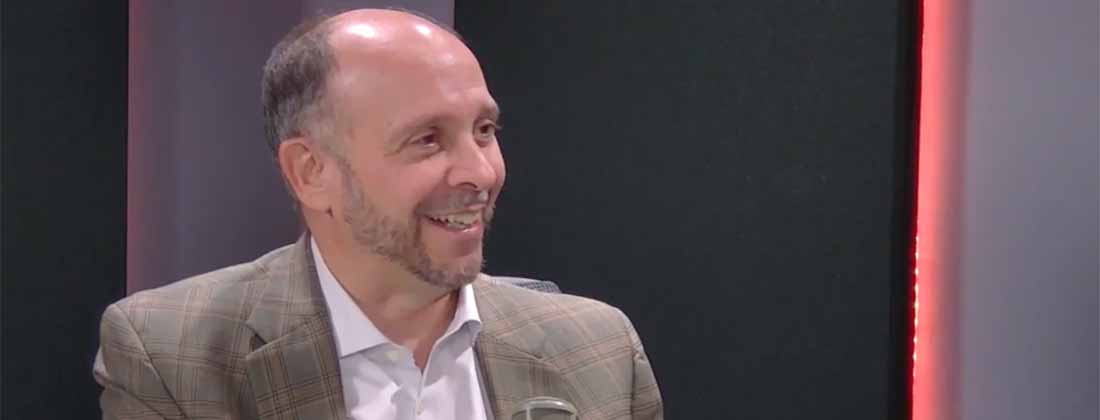Episode 13
Free college? We need to fix the root problems with college affordability.
Aug. 5, 2019A redesign of the American post-high school education system needs to start with a fresh look at how work and learning can be integrated.
That’s part of the message from President and CEO Jamie Merisotis, just back from a six-month sabbatical in London. While there, he spent a good deal of time thinking about the future of work and how best to redesign the education model we’ve been using for more than a century.
“How do you bring learning to the workplace?” Merisotis asked during the 13th installment of the Lumina Foundation podcast, Today’s Students/Tomorrow’s Talent. “How do you bring the discussion about work to the learning process, so people understand the practical nature of work as they’re learning?”
Merisotis said we need to think about this question in the context of “human work”—the tasks that, even in this era of smart machines, only humans can do. And what are the things that humans are uniquely qualified to do? We have compassion, we have caring, we can be complex, conceptual thinkers, he noted. So how do we prepare people for the escalating nature of work?
“We need to be thinking about people as learner-workers,” he said. “Helping people will be a very important part of our success as a society. When you pick your head up, you see how much has changed and how fast things are moving. The imperative for talent is growing in society, and preparing people better for that human work is growing in urgency.”
In his 2016 book, America Needs Talent, Merisotis characterized talent as an amalgam of things. It’s education, honed through experience, that can be applied to work and life. And it’s a combination of cognitive and non-cognitive abilities. On the cognitive side, knowledge, skills and abilities must come together. And we need to ensure the people have practical skills—the specific things needed in their current work.
At the same time, they must develop broader abilities such as critical thinking, problem solving, communication skills.
“Historically, we’ve thought of talent as some kind of innate ability,” he said. “The reality is that talent is a combination of those cognitive and non-cognitive things. You’ve got to plan for and prepare people for work by thinking about how you can prepare both their skill sets and their knowledge and abilities. So that means we’ve got to give people broad tools while also continuing to hone their specific skills that they can apply in the current work context.”
Lumina has advocated broad changes in education, pointing out that such changes are crucial if the nation is to ensure that 60 percent of Americans hold degrees, certificates or other high-quality postsecondary credentials by 2025. Merisotis said the discussion should include free college and income-share agreements—giving a student an education now in exchange for a portion of his/her future earnings—but that those ideas are insufficient by themselves.
“The root cause on the financing side is that the price of delivery of learning is too high to support the rising demand for talent,” he said.
Merisotis said the solution must come from a combination of private-sector innovation, government policy, and communities driving change—in effect, pressure that is both top-down and bottom-up.
“We know this model is not serving enough people—and not serving enough people well,” he said.
“We should be thinking about solutions—how are we going to serve more people better and at a manageable cost?”

